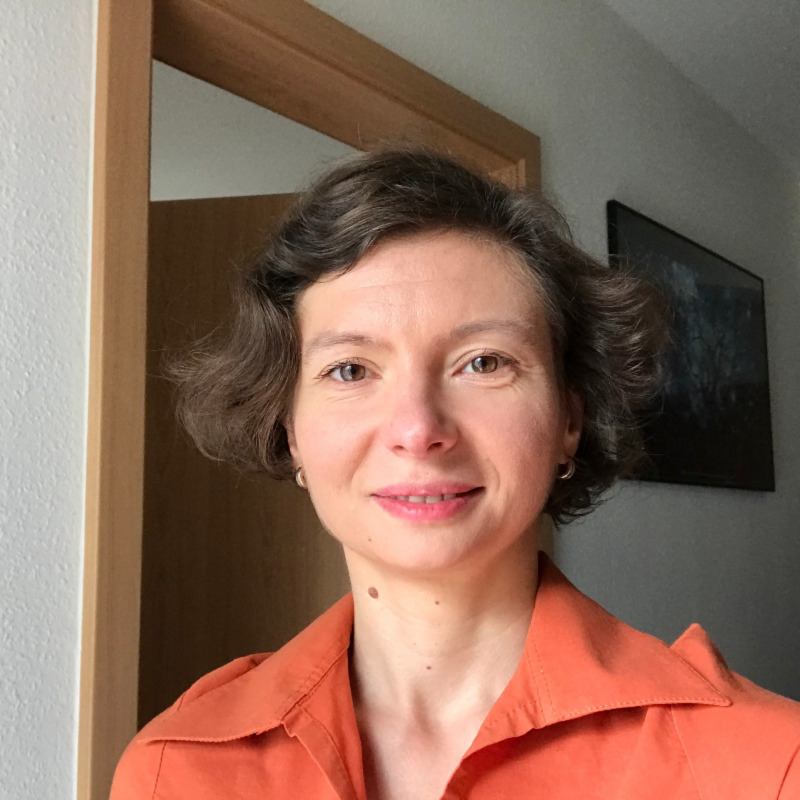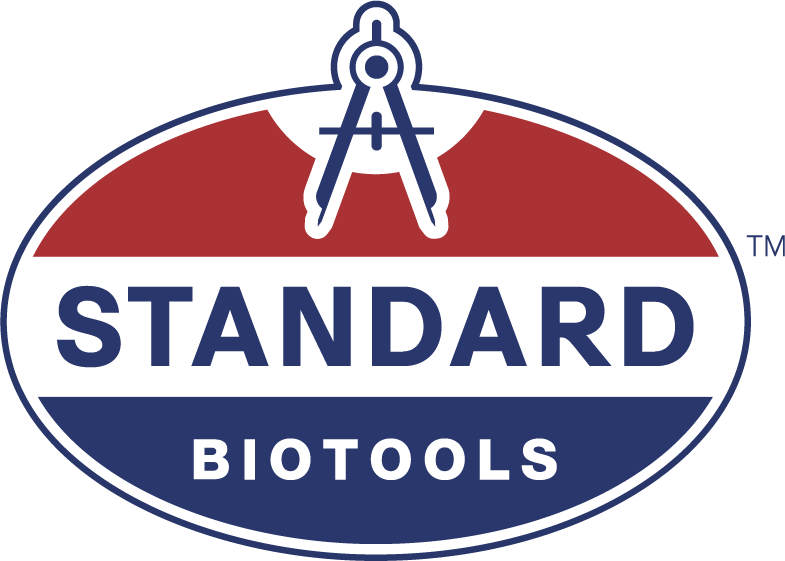Consequences of cross-reactive immunity in infection and vaccination (SARS-CoV-2 related)

Abstract
Consequences of immunomodulation on the immunogenicity of SARS-CoV-2 mRNA vaccination
The severity of coronavirus disease (COVID-19) caused by severe acute respiratory syndrome coronavirus 2 (SARS-CoV-2) depends on a range of factors, including socioeconomic status, genetics, comorbidities, age, and importantly on medications, i.e. immunosuppressants and immunomodulators.
Having demonstrated the negative effects of age on pre-existing cross-reactive cellular immunity to SARS-CoV-2, which indeed quantitatively and qualitatively enhances the primary immune response to SARS-CoV-2, we here investigated the effects of disease-modifying therapies (DMTs) on the immunogenicity of the SARS-CoV-2 mRNA vaccine in patients with multiple sclerosis (MS). We used direct detection of antigen-specific B and T cells by multidimensional flow cytometry in a semiautomated manner and tested humoral serum immunity by peptide microarrays, ELISA, and pseudovirus neutralization assays. Certain anti-CD20 B-cell-depleted and fingolimod-treated MS patients exhibited an absence of anti-S1 IgG and neutralizing serum activity, as well as a lack of receptor-binding domain- (RBD) and S2-specific B cells. Furthermore, spike-reactive CD4+ T-cell responses were not detectable in patients receiving long-term treatment with fingolimod. Our results suggest that patients treated long-term with fingolimod not only lack humoral immunity, comparable to B-cell-depleted patients, but furthermore lack the safety net of protective T-cell responses, which exposes these patients to the risk of severe SARS-CoV-2 infection despite booster vaccinations, a particularly important information in light of other recently approved sphingosine-1-phosphate receptor antagonists for the long-term treatment of MS. Finally, our study reveals that a functional immune response requires not only immune cells themselves, but also access of these cells to the site of inoculation and their unimpeded movement.














